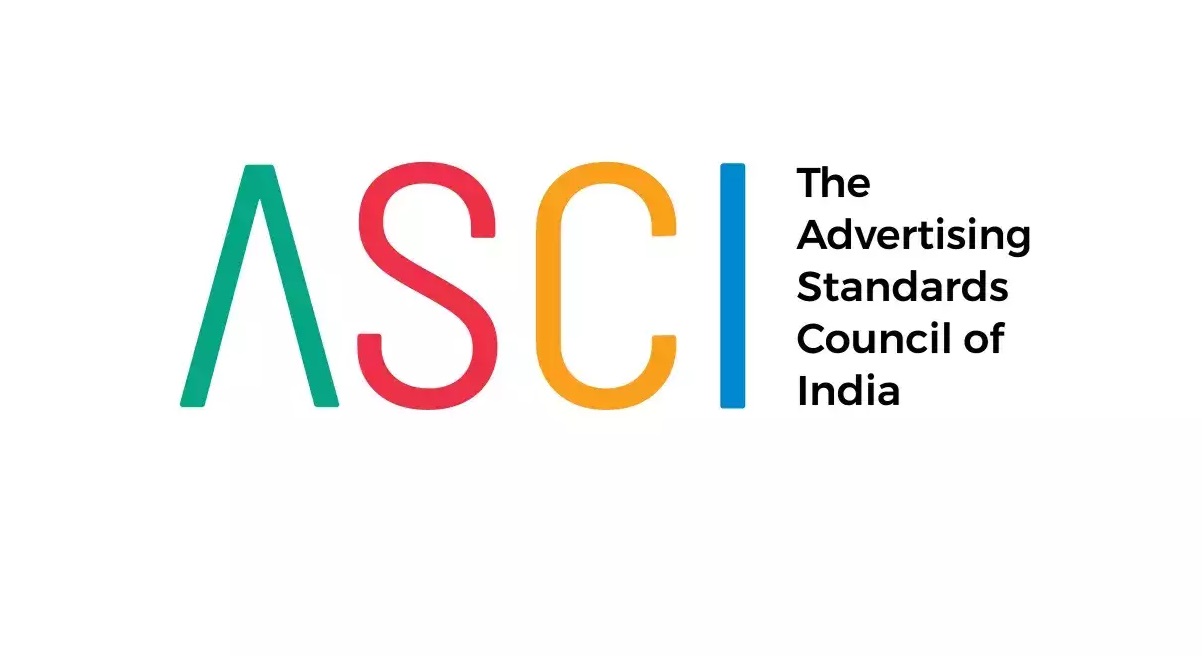A groundbreaking study by the ASCI Academy, in collaboration with design firm Parallel HQ, has exposed the widespread use of deceptive design patterns in popular Indian apps. Titled “Conscious Patterns,” this comprehensive web report reveals that 52 out of 53 analyzed apps use deceptive UI/UX practices that can mislead users into actions they did not intend. The study was presented during a webinar today.
The report highlights the prevalence of dark patterns—tricks that affect user autonomy and informed decision-making. With these apps collectively amassing over 21 billion downloads, their influence on consumers is significant. The report not only identifies 12 common deceptive patterns, such as privacy deception, interface interference, drip pricing, and false urgency, but also offers examples of more ethical design alternatives and a scoring tool for evaluating app designs.
Key findings include:
– Four deceptive patterns—privacy deception (24%), drip pricing (19%), interface interference (18%), and false urgency (17%)—account for 78% of occurrences.
– Over 80% of apps exhibited deceptive patterns in the settings/profile section.
– All e-commerce apps made it challenging for users to delete their accounts.
– Health-tech apps often used false urgency to pressure users into decisions.
– Basket sneaking was notably more common in delivery and logistics apps.
– Health-tech, travel booking, and e-commerce sectors had the highest rates of deceptive patterns per app.
– Streaming services and gaming apps showed the fewest deceptive patterns.
To assist UI/UX designers, the report introduces an Ethical Score Calculator, a tool for assessing the ethical quality of apps and websites, and a Gallery of Inspiration, showcasing fairer design alternatives. The study’s full details, including these resources, can be accessed at www.consciouspatterns.in.
The webinar began with an introduction by Namrata Bachani, Director of ASCI Academy, followed by a detailed presentation of the findings by Robin Dhanwani, Founder of Parallel. The discussion, moderated by Manisha Kapoor, CEO and Secretary General of ASCI, featured insights from esteemed panelists, including Shri Rohit Kumar Singh, former Secretary of the Department of Consumer Affairs, and Ashish Agarwal, VP and Head of Public Policy at Nasscom. They explored the implications of deceptive patterns and emphasized the need for greater transparency and ethical standards in digital design.
Manisha Kapoor emphasized, “Deceptive patterns undermine consumer trust and transparency. With top apps being downloaded over 21 billion times, the extent of exposure to these patterns is staggering. We encourage organizations to adopt conscious design principles to ensure informed
consumer choices. The gallery and score calculator are vital resources for organizations aiming to improve their design practices.”
Robin Dhanwani added, “At Parallel, we are committed to ethical design practices. Our research reveals the widespread issue of deceptive patterns in Indian apps and underscores the need for transparent design. We hope this report inspires developers to prioritize user-first design principles and rethink growth strategies.”
